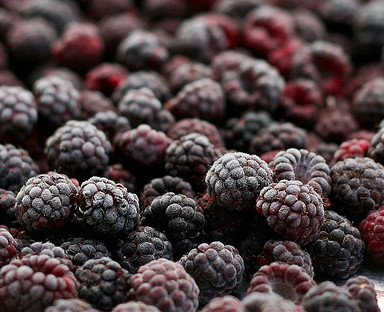The Ministry for Primary Industries (MPI) Director General has issued a statement warning of a potential Hepatitis A risk associated with imported frozen berries.
UPDATE: MPI has now directed company FSL Foods to recall their Fruzio Mixed Berries sold in 1kg and 500 gram bags.

The warning comes following 4 human cases of Hepatitis A thought to be linked to packaged imported frozen berries.
Earlier this year an outbreak of Hepatitis A in Australia was linked to pre-packaged berries, and there was concern in New Zealand last year when a Hawke’s Bay fruit packhouse worker was diagnosed with Hepatitis A (see previous expert commentary here).
The Science Media Centre collected the following expert commentary from New Zealand researchers. Feel free to use these quotes in your reporting.
Dr John Brooks, consultant microbiologist and director, Microtech Services, comments:
“Hepatitis A is a virus that causes liver disease, which is rarely fatal, but can cause debilitating symptoms, such as nausea, vomiting, fever, and jaundice. It is shed in the faeces of the infected individual. Hepatitis A does not colonise plants and fruits and cannot multiply on them, so if frozen berries have indeed caused the four recent cases seen in New Zealand, it is because the berries have been contaminated with faeces during handling.
“The contamination has most likely come from an infected food handler, but might have come from human waste used for field irrigation or from faecally contaminated water used in processing.
“There is nothing peculiar about berries – any food may be contaminated if infected handlers are careless about personal hygiene. A person known to be suffering from Hepatitis A should not be permitted to handle foods for others.
“Since the virus may take up to 50 days to cause symptoms in the consumer, it is very difficult to trace the cause of the infection. With only four cases seen to date, information on candidate foods is likely to be scarce, and it is understandable that MPI has so far declined to name suppliers or brands. New Zealand imports a lot of frozen berries; depending on how widespread the contamination is, even increased testing of imported frozen berries may not reveal positive batches.”